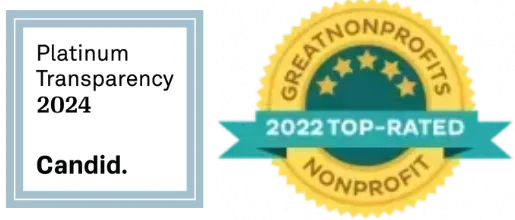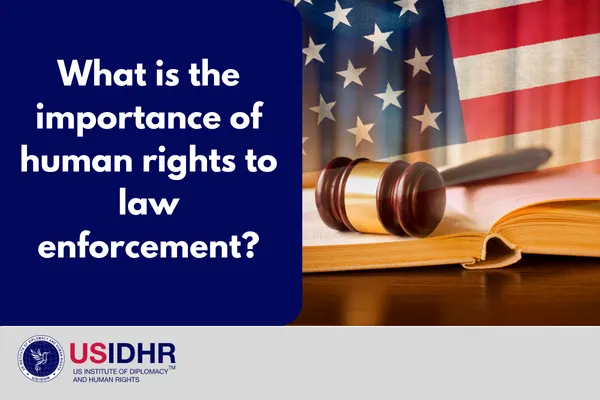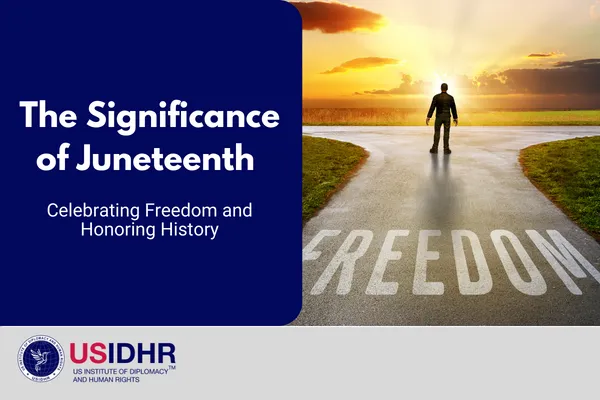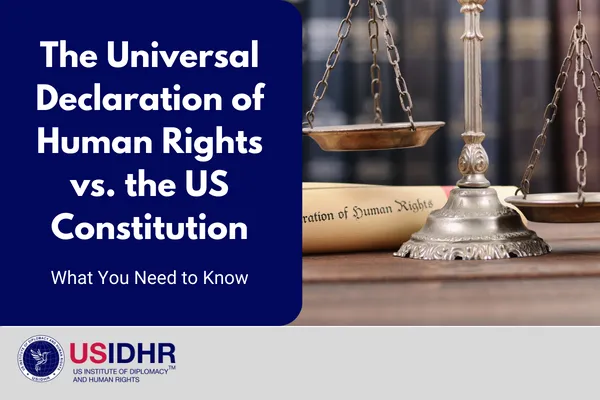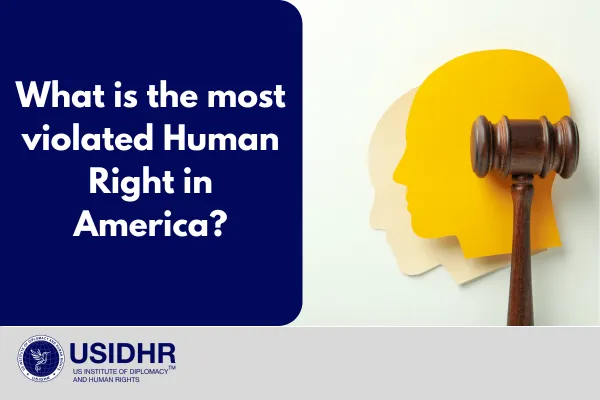
What is the most violated Human Right in America and how do we remedy this?
The right to be free from discrimination is a human right. As Article 2 of the Universal Declaration of Human Rights outlines, ‘’Everyone is entitled to all the rights and freedoms set forth in this Declaration, without distinction of any kind, such as race, colour, sex, language, religion, political or other opinion, national or social origin, property, birth or other status’’ (United Nations)[31]. However, the ideal of Article 2 has yet to truly become a reality in many parts of the world, and the United States of America is no exception. Indeed, as far as at least the US is concerned, Article 2 may be the single most violated human right. In the wake of George Floyd’s death at the hands of police and the sexual harassment and assaults brought to light by the #MeToo movement – to name a few significant instances – it is transparent that bigotry is alive and well, with negative consequences for those at the receiving end[12].
Why is Article 2 the most violated Human Right?
The examples of discrimination are but many. People of color in the US are disproportionately subject to exclusionary zoning laws, and consequently trapped in low-income neighborhoods with few opportunities and few prospects in later life[6][28]. They face worse educational outcomes and school districts with far less funding than white people[29]. Black men receive fewer job offers and callbacks than their white counterparts – even when the latter have a criminal record and the former don’t – and in areas where bigotry is more overt, have lower earnings to boot[4][5][22]. Overt discrimination also continues to be a thing of the present. Anti-black discrimination still occurs in private and public spaces[18][30][32]. Instances of Anti-Semitism and Islamophobia are still with us today, and Anti-Asian discrimination has risen noticeably following the spread of COVID-19 in the US, encompassing threats and acts of physical violence and harassment[16][21][27]. Discrimination against transgender people is not uncommon in workplaces or schools, with people refusing to use their preferred pronouns[20][27]. Employees with disabilities face employers and workplaces that disregard their disabilities or use them as an excuse to penalize them[15]. Gendered discrimination also continues to be a thing of the present. Women are overwhelmingly likely to face gender discrimination compared to men at work, including sexual harassment and assault. Outside work, women also face sexual harassment while on the street[26]. The #MeToo movement – revolving around women who were sexually assaulted and harassed by men, both inside and outside Hollywood – has brought this issue to the forefront[19][25].
How can we prevent this article from being violated in the future?
There are ways in which the US can combat discrimination. A potential model exists in Washington, DC, in the form of the DC Human Rights Act, which is enforced by the DC Office of Human Rights. The Act prohibits discrimination in its various forms – discrimination in housing, employment, and educational institutions – on the basis of 21 protected traits. These protected traits gained legal status as of October 1, 2019. District of Columbia is the only city in the United States that extends the protection against discrimination to 21 different reasons[24]. These protected traits are: race, skin color, faith, national origin, sex, age, marital status, personal appearance, sexual orientation, gender identity or expression, family responsibilities, political affiliation, disabilities, matriculation, familial status, genetic information, source of income, place of residence or business, status as victim of an intrafamily offense, credit information, as well as status as a victim or family member of a victim of domestic violence, a sexual offense, or stalking. These protections apply to everyone within the District of Columbia, whether they reside there or not[24]. Last year, DC Attorney General Karl Racine filed three lawsuits– on the basis of enforcing the DC Human Rights Act, and the 21 traits specifically – against seven real estate companies and professionals[10][11]. In one lawsuit, a DC landlady was accused of making racist comments towards a potential tenant, while another alleges a property management company discriminated against a tenant with mobility issues. Racine has filed other lawsuits in the past against property managers, landlords, and realtors that wouldn’t sell to tenants on the basis of income source[23].
Related to the 21 protected traits, DC also passed a historic law– the very first of its kind in America – to combat street harassment. The law, known as the Street Harassment Prevention Act of 2018 (SHPA), was passed in 2018. SHPA describes street harassment as “disrespectful, offensive or threatening statements, gestures or other conduct directed at an individual in a high-risk area without the individual’s consent and based on the individual’s actual or perceived… protected trait identified in the DC Human Rights Act of 1977”[17]. The SHPA, instead of focusing on criminalizing offenders, prioritizes prevention through education. The SHPA established the Advisory Committee on Street Harassment (ACSH), which has 16 official members and four subcommittees that meet regularly. ACSH proposes model policies and training programs for DC that have seven key components: code of conduct, defining street harassment, statement of confidentiality, reporting street harassment, responding to street harassment, resources, and training and awareness. In the fall of 2019, SHPA carried out a survey with responses from 1,621 DC residents as the result of ten two-hour focus groups with members of various vulnerable populations the Advisory Committee believed to experience greater levels of street harassment. These residents included religious minorities, homeless people, gender-nonconforming individuals, and sexual violence victims and survivors. The focus groups discussed participants’ experiences with street harassment, how it affected their lives, when and where they most commonly faced it, what would make them feel safer and better supported, and more. Based on the data collected, the SHPA made multiple recommendations to be implemented, including a portal for individuals to report harassment[25]. Both in regards to the 21 protected traits and the SHPA more specifically, DC law offers a useful model to emulate when it comes to safeguarding human rights through countering discrimination and promoting education respectively.
How is USIDHR working to decrease the violation of article 2?
Multiple studies across various ages and geographic areas consistently prove human rights education and awareness promote supportive attitudes[1][2][9]. They also show human rights education has real and enduring benefits for those undergoing it, be it children or adults[1]. Human rights education goes a long way in helping children become better people. Children who have received such an education tend to address interpersonal problems from a human rights standpoint. Studies demonstrate that college students educated about human rights become more supportive of human rights, and that even teachers who tutor children in human rights themselves do so too[7][8][13][14]. Hence, the US Institute of Diplomacy and Human Rights (USIDHR) works tirelessly to create the next generation of human rights consultants through our Human Rights Education Training program. These consultants are trained to be able to deliver workshops, seminars and provide educational support to schools, colleges, hospitals, and even businesses that can implement human rights throughout their activities. The self-paced 8-module certification training for human rights consultants gives the tools to educate others on how to advocate for the rights of themselves and others. If you’re interested in becoming part of the change, you can register for our training here[3].
Conclusion
This article found multiple examples of violations of Article 2 (the right to be free from discrimination) in the United States and deemed it the most violated human right nationally. It also established that Washington, DC, offers a useful model through its Human Rights Act – specifically through the 21 protected traits and the Sexual Harassment Prevention and Awareness (SHPA) program – and concluded the best way to prevent and counter discrimination is education. Discrimination is a human rights violation in the US – a pervasive one, even. However, human rights legislation and education can go a long way in combating and reducing bigotry in all its forms. Legislation can shine a light on discrimination and pave a clear path to tackle it, and education can empower people to know their rights and that of others so as to reduce unfavorable behavior on all sides (particularly if started from a young age). By taking these measures and ensuring we remain consistent in educating others on their rights, America can ensure the ideal of Article 2 becomes a reality.
Reference list:
[1] Bajaj, Monisha.Schooling for Social Change: The Rise and Impact of Human Rights Education in India. A&C Black, 2011.
[2] Bajaj, Monisha, Melissa Canlas, and Amy Argenal. “Between Rights and Realities: Human Rights Education for Immigrant and Refugee Youth in an Urban Public High School.”Anthropology & Education Quarterly48, no. 2 (June 2017): 124–40.https://doi.org/10.1111/aeq.12189.
[3] “Become a Human Rights Consultant Certificate Program.” Accessed August 04, 2021.https://usa.usidhr.org/humanrights.
[4] Bertrand, Marianne, and Sendhil Mullainathan. “Are Emily and Greg More Employable than Lakisha and Jamal? A Field Experiment on Labor Market Discrimination.”National Bureau of Economic Research, 2003, 40 . doi:10.3386/w9873.
[5] Charles, Kerwin Kofi, and Jonathan Guryan. “Prejudice and Wages: An Empirical Assessment of Becker’s The Economics of Discrimination.”Journal of Political Economy116, no. 5 (2008): 773-809. Accessed August 3, 2021. doi:10.1086/593073.
[6] Chetty, Raj, Nathaniel Hendren, and Lawrence F. Katz. “The Effects of Exposure to Better Neighborhoods on Children: New Evidence from the Moving to Opportunity Experiment.”American Economic Review106, no. 4 (2016): 855-902. doi:10.1257/aer.20150572.
[7] Covell, Katherine, R. Brian Howe, and Justin K. Mcneil. “Implementing Children’s Human Rights Education in Schools.”Improving Schools13, no. 2 (August 31, 2010): 117-32. doi:10.1177/1365480210378942.
[8] Covell, Katherine, Justin K. Mcneil, and R. Brian Howe. “Reducing Teacher Burnout by Increasing Student Engagement.”School Psychology International30, no. 3 (2009): 282-90. doi:10.1177/0143034309106496.
[9] Covell, Katherine, and R. Brian Howe. “The Impact of Children’s Rights Education: A Canadian Study.”International Journal of Children’s Rights7, no. 2 (1999): 171–84.
[10]DISTRICT OF COLUMBIA Vs. DELWIN REALTY LLC et al HMP (Superior Court of the District of Columbia August 14, 2020).https://oag.dc.gov/sites/default/files/2020-09/Delwin-Realty-Complaint.pdf.
[11] DISTRICT OF COLUMBIA Vs. O-SHOKUNBI, AFOLAKE ELIZABETH FYP (Superior Court of the District of Columbia July 31, 2020).https://oag.dc.gov/sites/default/files/2020-09/O-Shokunbi-Complaint.pdf.
[12] Hill, Evan, Ainara Tiefenthäler, Christiaan Triebert, Drew Jordan, Haley Willis, and Robin Stein. “How George Floyd Was Killed in Police Custody.” The New York Times. June 01, 2020. Accessed August 03, 2021.https://www.nytimes.com/2020/05/31/us/george-floyd-investigation.html.
[13] Howe, R. Brian, Johnna L. O’Leary, and Katherine Covell. “Introducing a New Grade 8 Curriculum in Children’s Rights.”The Alberta Journal of Educational Research, Vol. 48 No. 4 (2002): Winter 2002.https://journalhosting.ucalgary.ca/index.php/ajer/article/view/54944
[14] Howe, R. Brian, and Katherine Covell. “Miseducating Children about Their Rights.”Education, Citizenship and Social Justice,5, no. 2 (August 2010): 91-102. doi:10.1177/1746197910370724.
[15] Jammaers, Eline, and Patrizia Zanoni. “The Identity Regulation of Disabled Employees: Unveiling the ‘varieties of Ableism’ in Employers’ Socio-ideological Control.”Organization Studies42, no. 3 (2020): 429-52. doi:10.1177/0170840619900292.Johnson, Stefanie K., Ksenia Keplinger, Jessica F. Kirk, and Liza Barnes. “Has Sexual Harassment at Work Decreased Since #MeToo?” Harvard Business Review. July 18, 2019. Accessed August 03, 2021.https://hbr.org/2019/07/has-sexual-harassment-at-work-decreased-since-metoo.
[16] Kang, Esther Yoon-Ji. “Study Shows Islamophobia Is Growing In The U.S. Some Say It’s Rising In Chicago, Too.” NPR. May 03, 2019. Accessed August 04, 2021.https://www.npr.org/local/309/2019/05/03/720057760/study-shows-islamophobia-is-growing-in-the-u-s-some-say-it-s-rising-in-chicago-too.
[17] Kearl, Holly. “DC Passes Historic Law to Combat Street Harassment.” Women’s Media Center. August 01, 2018. Accessed August 04, 2021.https://www.womensmediacenter.com/news-features/dc-passes-historic-law-to-combat-street-harassment.
[18] Lemon, Jason. “TikTok Video of White Woman’s Racist Tirade against Black Store Manager Viewed over 2M times.” Newsweek. June 14, 2021. Accessed August 04, 2021.https://www.newsweek.com/tiktok-video-white-womans-racist-tirade-against-black-store-manager-viewed-over-2m-times-1600195.
[19] “#MeToo: A Timeline of Events.” February 04, 2021. Accessed August 04, 2021.https://www.chicagotribune.com/lifestyles/ct-me-too-timeline-20171208-htmlstory.html.
[20] Moreau, Julie. “‘Laughed out of Interviews’: Trans Workers Discuss Job Discrimination.” NBCNews.com. October 08, 2019. Accessed August 03, 2021.https://www.nbcnews.com/feature/nbc-out/laughed-out-interviews-trans-workers-discuss-job-discrimination-n1063041.
[21] Otterman, Sharon. “She Was Excited for a New School. Then the Anti-Semitic ‘Jokes’ Started.” The New York Times. March 04, 2020. Accessed August 03, 2021.https://www.nytimes.com/2020/03/04/nyregion/new-jersey-antisemitism-high-school.html.
[22] Pager, Devah. “The Mark of a Criminal Record 1.”American Journal of Sociology 108 (5),2003: 937-75.https://scholar.harvard.edu/pager/publications/mark-criminal-record.
[23] “Press Release: AG Racine Sues Seven Real Estate Companies and Professionals to Protect District Tenants From Housing Discrimination.” TheDCLine. September 09, 2020. Accessed August 06, 2021.https://thedcline.org/2020/09/09/press-release-ag-racine-sues-seven-real-estate-companies-and-professionals-to-protect-district-tenants-from-housing-discrimination/.
[24] “Protected Traits in DC.” Protected Traits in DC. Accessed August 03, 2021.https://ohr.dc.gov/protectedtraits.
[25] DC Office of Human Rights. 2020. ‘’The State of Street Harassment in DC: A Report on the First Year of Implementing the Street Harassment Prevention Act’’. Retrieved from URL.https://ohr.dc.gov/sites/default/files/dc/sites/ohr/publication/attachments/OHR_SHPA_Report_APRIL2020_FINAL.pdf.
[26] Parker, Kim, and Cary Funk. “42% of US Working Women Have Faced Gender Discrimination on the Job.” Pew Research Center. August 07, 2020. Accessed August 03, 2021.http://www.pewresearch.org/fact-tank/2017/12/14/gender-discrimination-comes-in-many-forms-for-todays-working-women/.
[27] Reilly, Katie. “Teachers, Trans Kids Are Clashing Over Whose Rights Come First.” Time. November 15, 2019. Accessed August 03, 2021.https://time.com/5721482/transgender-students-pronouns-teacher-lawsuits/.
[28] Richardson, Jason, Bruce Mitchell, and Nicole West. “Home Mortgage and Small Business Lending in Baltimore and Surrounding Areas.” National Community Reinvestment Coalition (NCRC). October 23, 2017. Accessed August 04, 2021.https://ncrc.org/wp-content/uploads/2015/11/ncrc_baltimore_lending_analysis_web.pdf.
[29] Rothwell, Jonathan. “Housing Costs, Zoning, and Access to High-Scoring Schools.” Brookings. February 09, 2017. Accessed August 03, 2021.https://www.brookings.edu/research/housing-costs-zoning-and-access-to-high-scoring-schools/.
[30] Shalby, Colleen. “4 Smiling Teachers Posed with a Noose. Now They’re on Leave, along with the Principal.” Los Angeles Times. May 10, 2019. Accessed August 04, 2021.https://www.latimes.com/local/lanow/la-me-noose-photo-principal-teachers-palmdale-20190510-story.html.
[31] “Universal Declaration of Human Rights.” United Nations. Accessed August 03, 2021.https://www.un.org/en/about-us/universal-declaration-of-human-rights.
[32] “Woman Arrested after Racist Tirade Caught on Camera in New Jersey.” ABC7 New York. January 06, 2021. Accessed August 04, 2021.https://abc7ny.com/karen-video-racist-tameka-bordeaux-claudia-emanuele/9406870/.
Join One of Our Certificate Trainings:
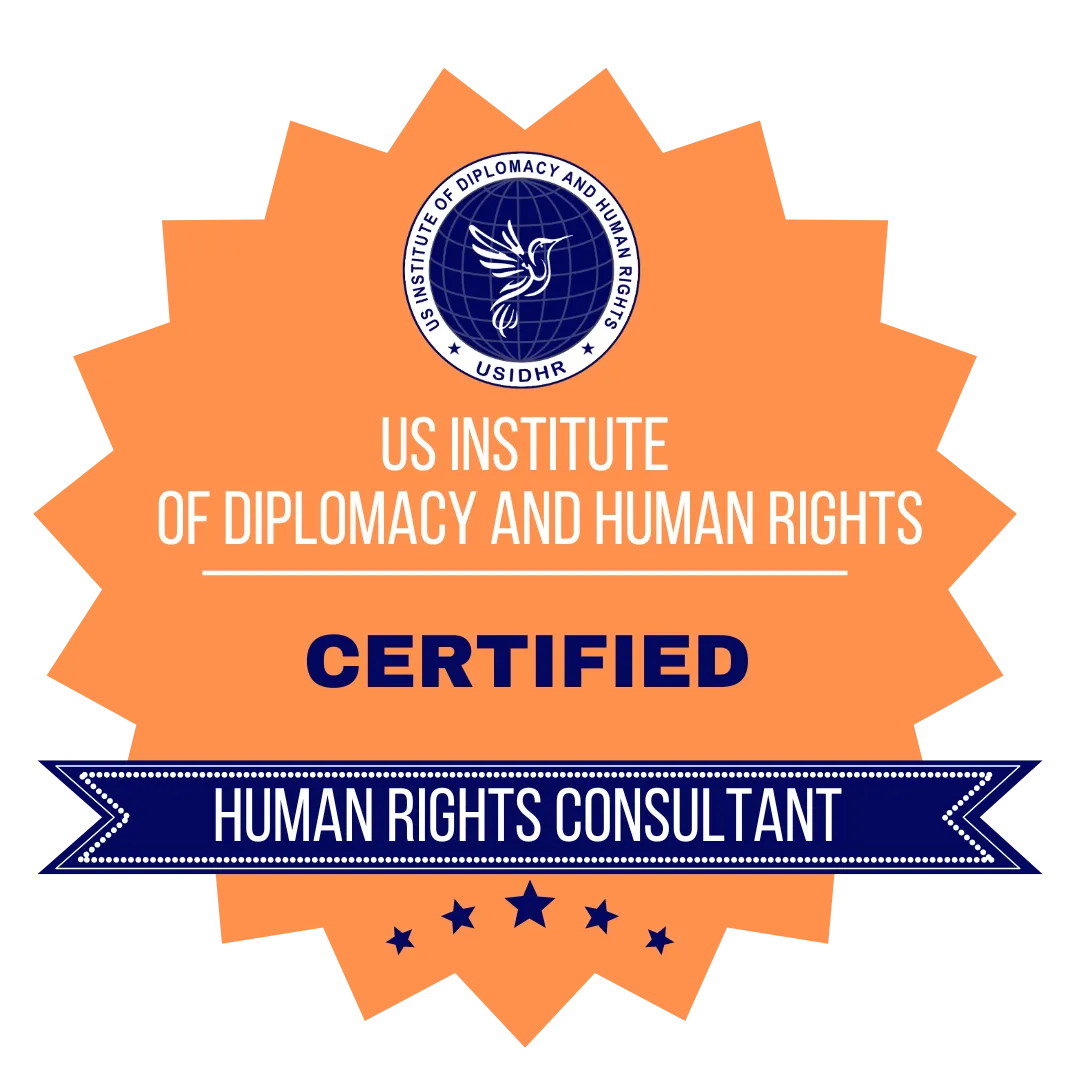
Human Rights Education Certification Training
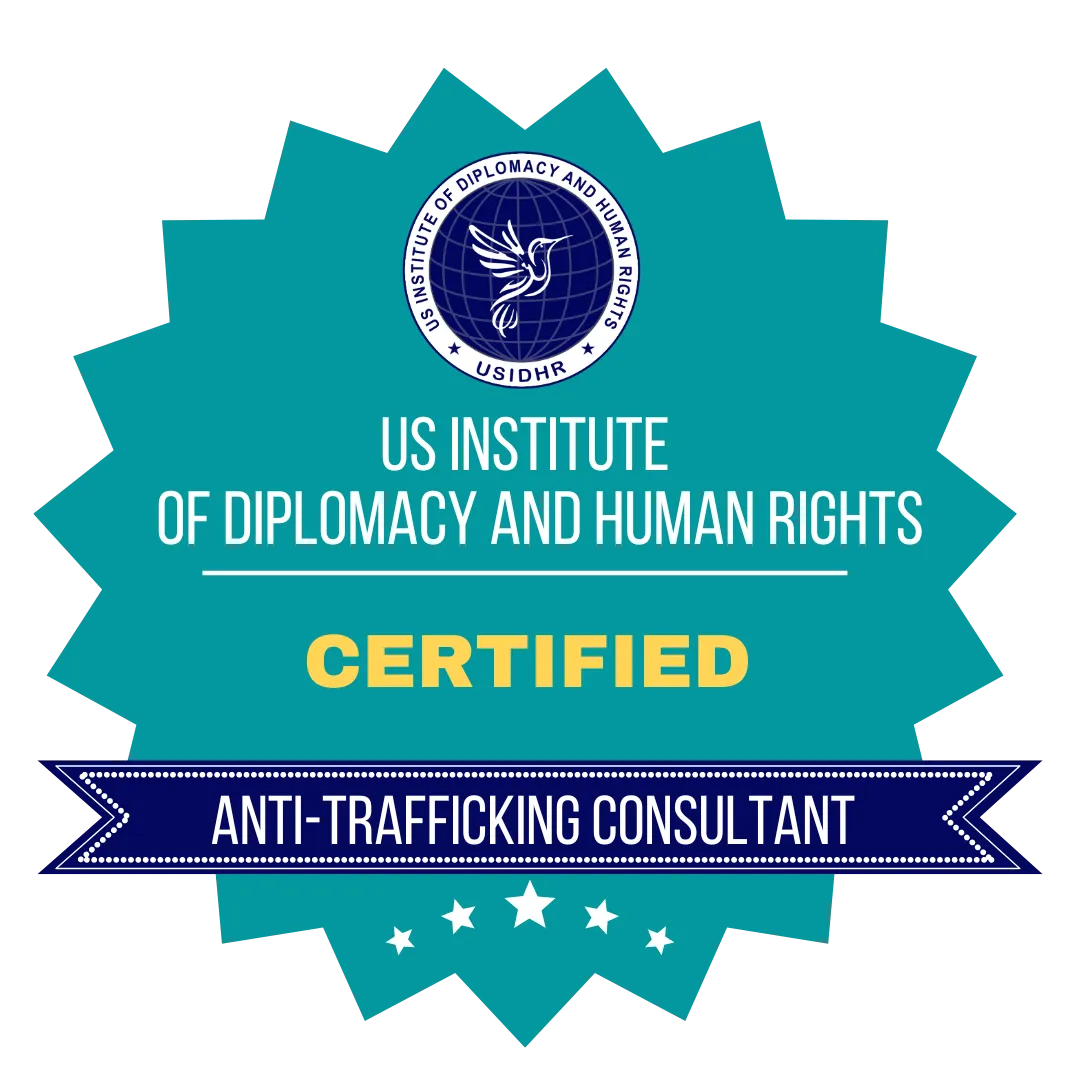
Human Trafficking Certification
Training
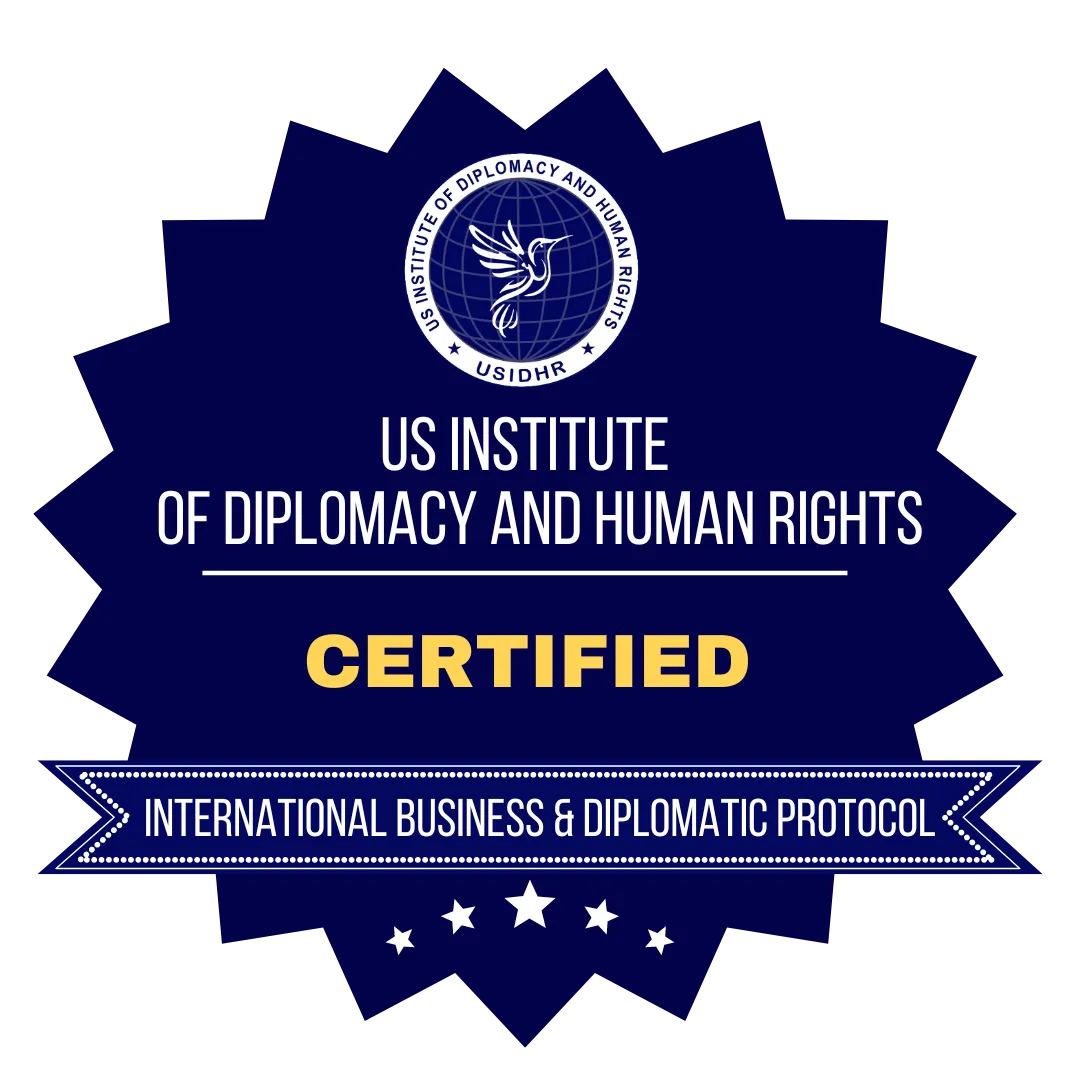
International Business and Diplomatic Protocol Certification
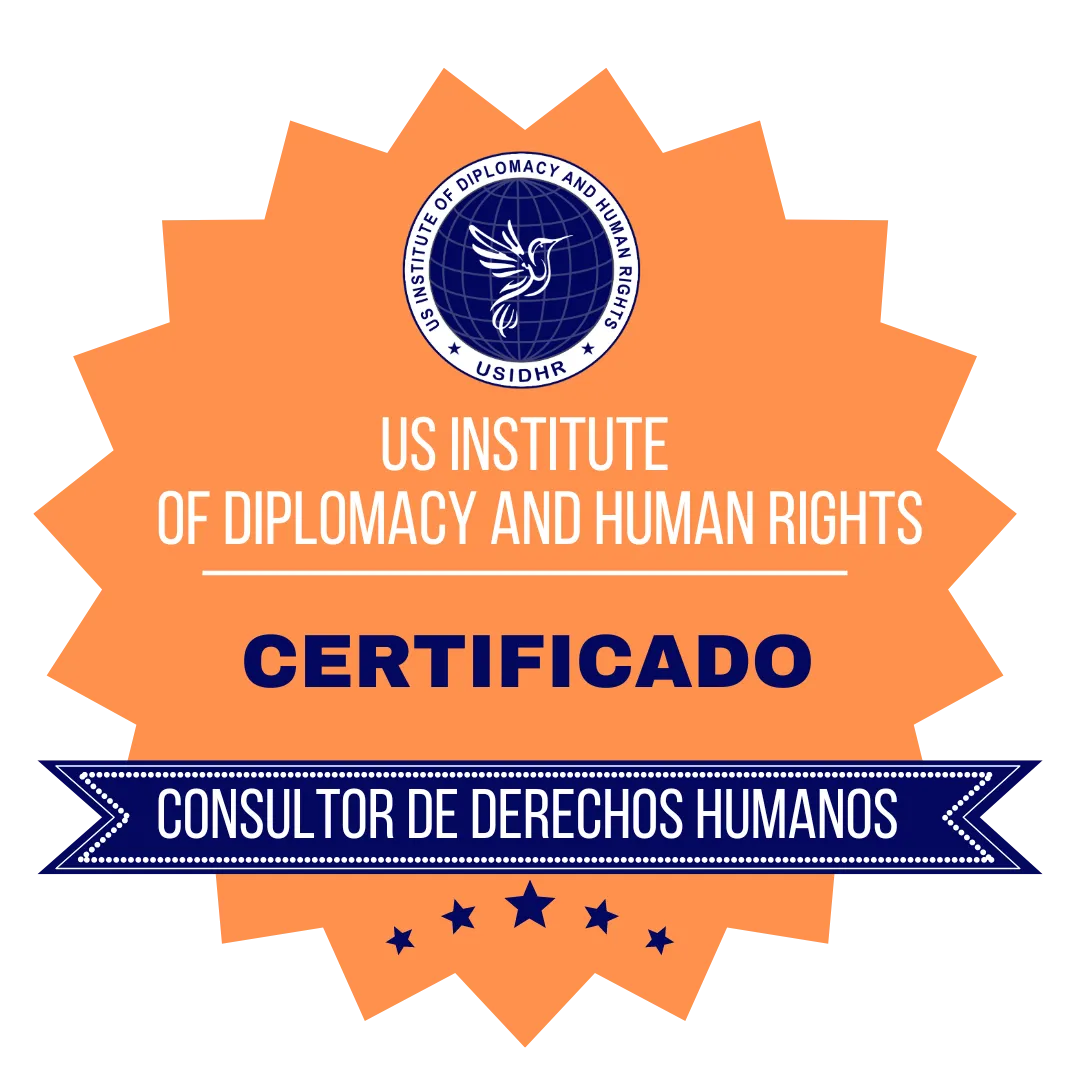
Capacitación En Derechos Humanos
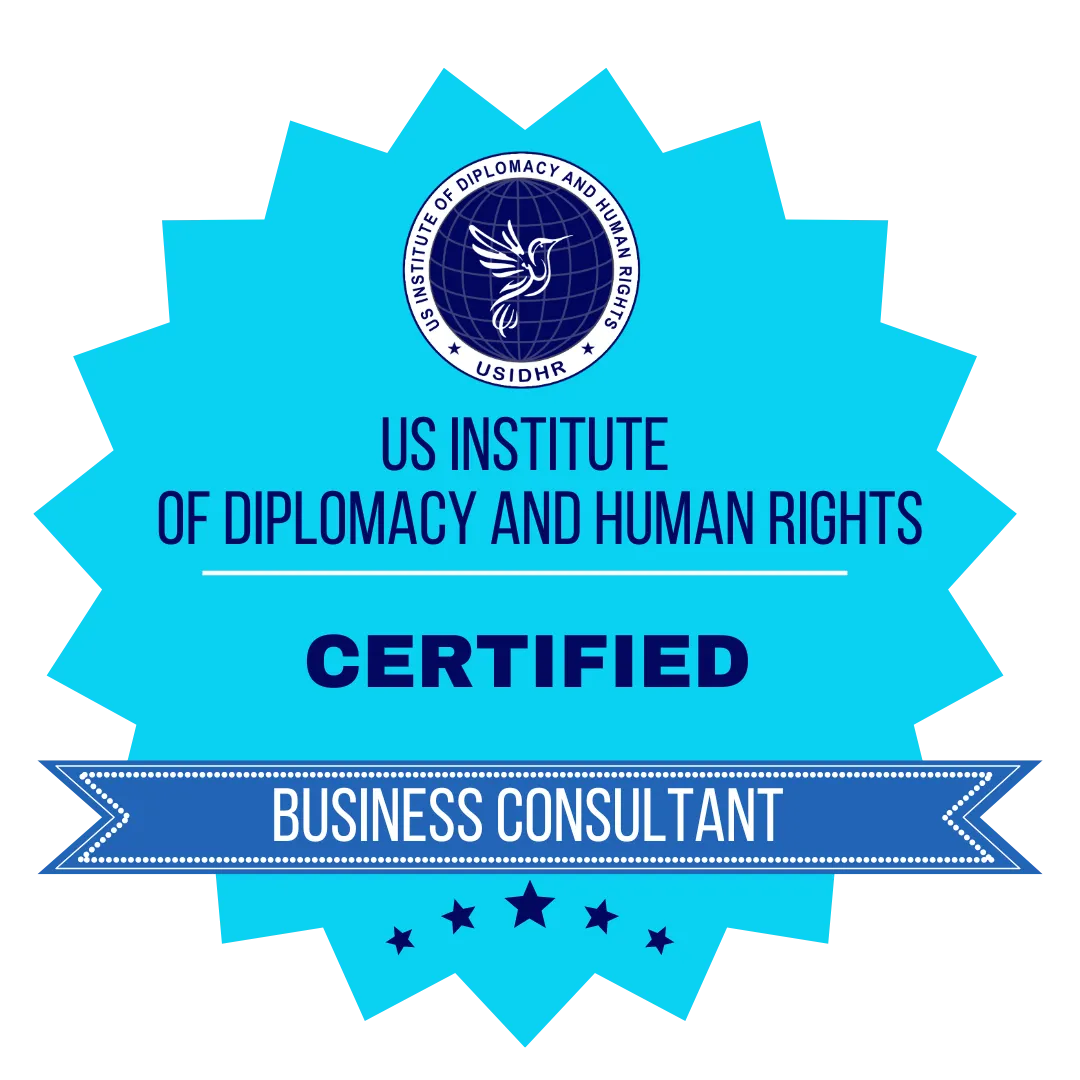
Business Consulting Certification Training
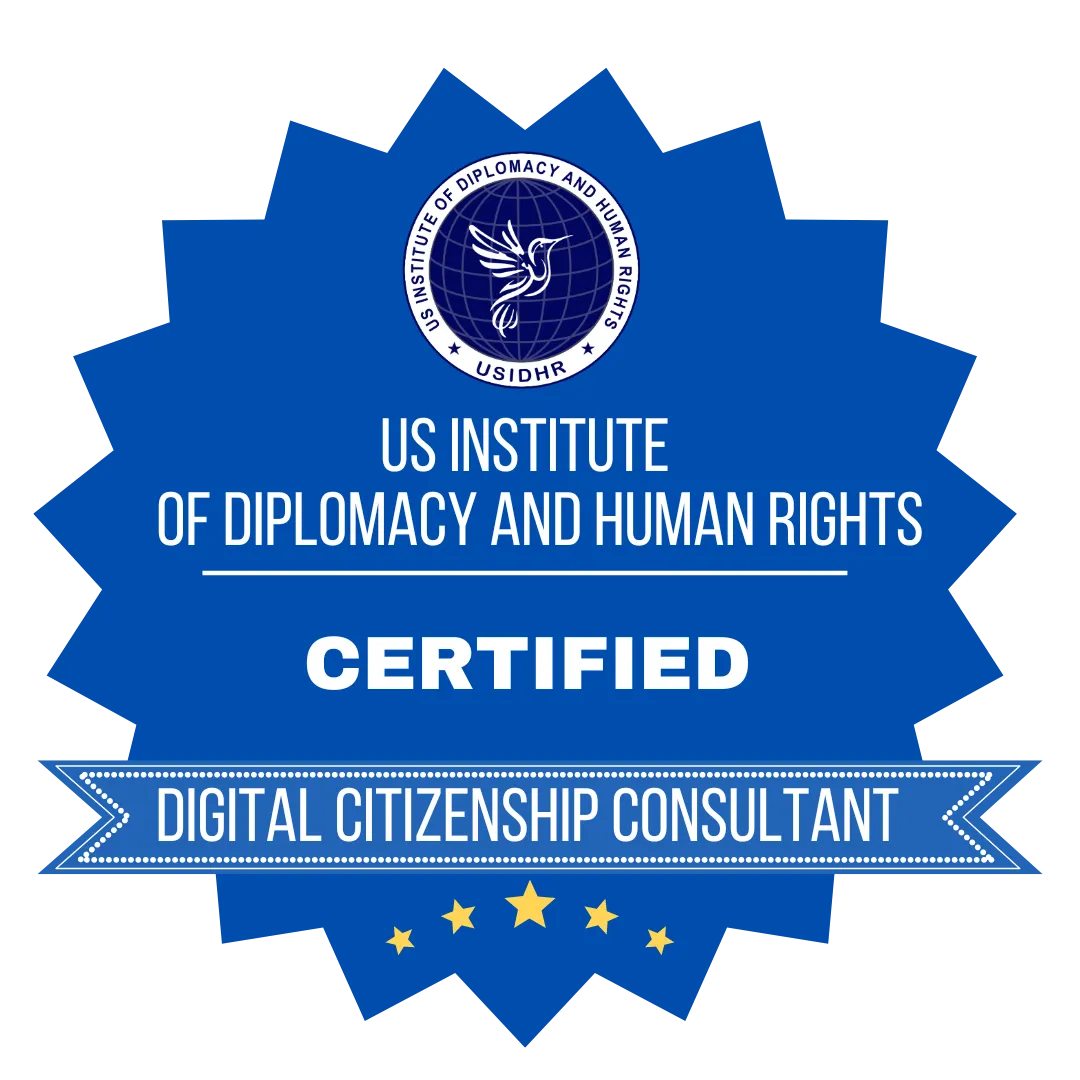
Digital Citizenship Certification
Training
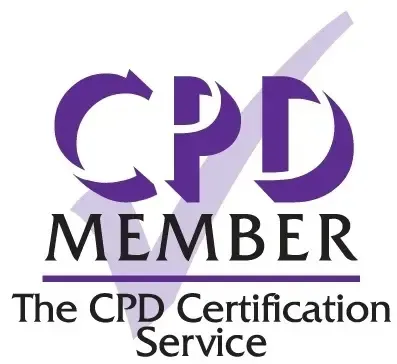
The US Institute of Diplomacy and Human Rights (USIDHR) is an International Continuing Professional Development (CPD) Accredited Organization. Accredited CPD training means the learning activity has reached the required Continuing Professional Development standards and benchmarks. The learning value has been scrutinized to ensure integrity and quality. The CPD Certification Service provides recognized independent CPD accreditation compatible with global CPD requirements
US Institute Of Diplomacy And Human Rights
1250 Connecticut Ave NW Ste 700, Washington, DC 20036

